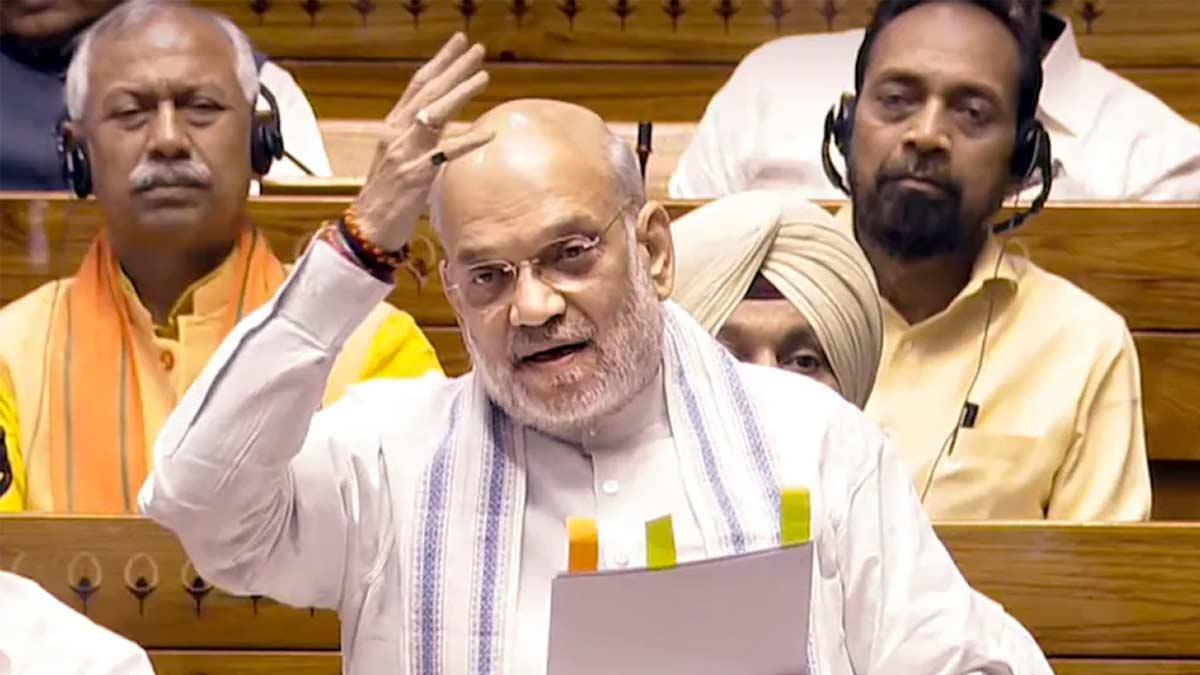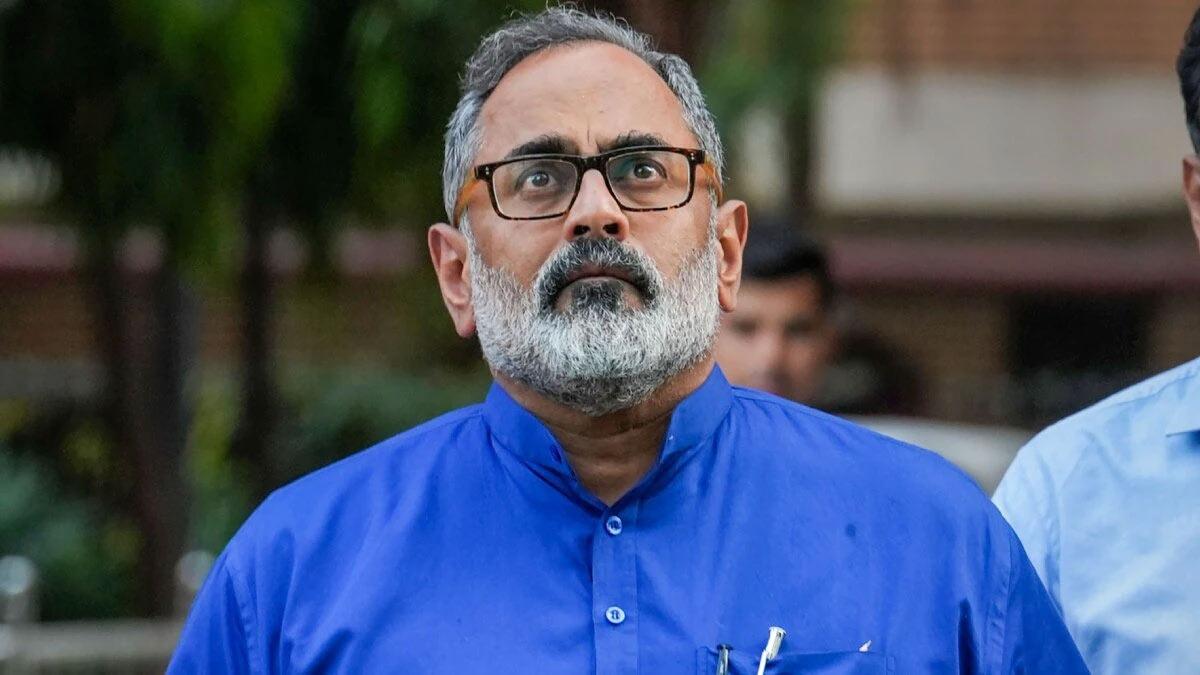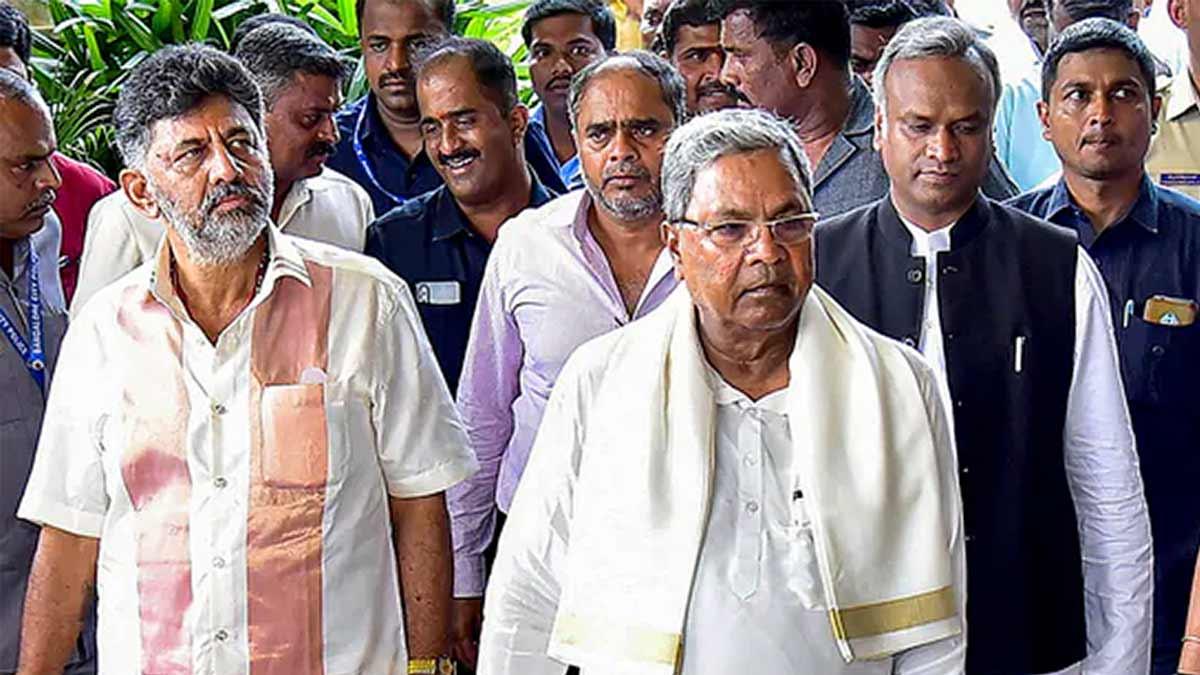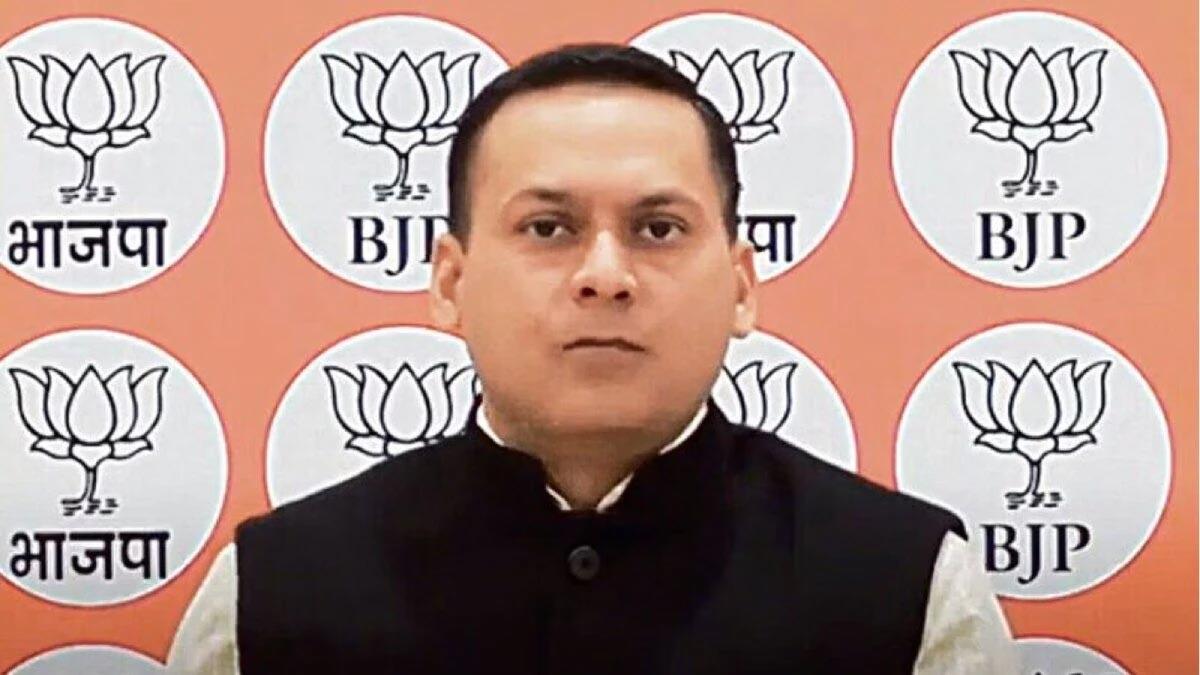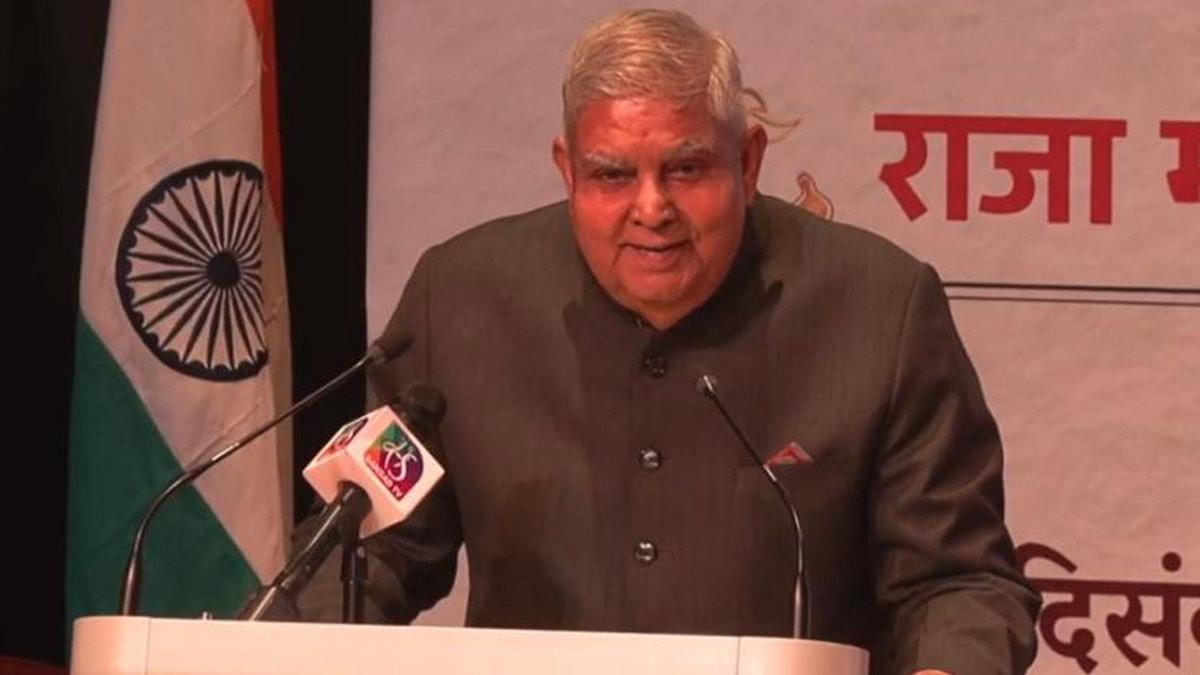A top-level meeting was convened on Friday at Union Home Minister Amit Shah's residence to consider India's suspension of the Indus Waters Treaty. The 45-minute meeting with Union Jal Shakti Minister C.R. Patil was aimed at ironing out strategies to completely halt river water supply to Pakistan.
Reports from the two countries indicated that the two presidents learned about three forms of action plans — short, medium, and long — but all for the purpose of moving towards one specific goal: blocking "not even a single drop of water" from going across the border to Pakistan.
As per the committee's decision, the authorities were asked to work at lightning speed and perform all the procedures necessary to cut off the water supply. Instructions for immediate action were given after negotiations.
This high-level communication came a day after Debashree Mukherjee, Ministry of Jal Shakti Secretary, formally intimated Pakistan's Ministry of Water Resources of India's move. In a letter to her Pakistani counterpart Syed Ali Murtaza, Mukherjee formally intimated that the suspension of the Indus Waters Treaty would continue with immediate effect.
The said letter is a reference to the letter that India had written under Article 12(3) of the agreement in 1960 requesting renegotiation due to changed circumstances. They included growing population at a very high rate, higher demand for clean energy, and significant changes in the initial context of the water-sharing treaty.
India complained that the re-consideration of treaty-related obligations was now unavoidable. The letter also complained that Pakistan had consistently breached the terms of the treaty.
Moreover, the Indian government had cited Pakistan's persistent indulgence in cross-border terrorism in Jammu and Kashmir as a leading cause of instability in the region. Such activity, India claimed, has prevented it from realizing treaty rights completely. Pakistan also ignored repeated guarantees to resume discussions within the scope of the treaty — a violation of the conditions of the treaty, India claims.
Mukherjee added that the decision has been taken after careful considerations at the higher levels of the government. India has therefore suspended all its undertakings under the Indus Waters Treaty with immediate effect.
The 1960 treaty, which was a historic one signed with the World Bank as a mediator, allocated the eastern rivers to India and granted rights over the waters of the western rivers to Pakistan.
Read also| Supreme Court Rebukes Rahul Gandhi Over Savarkar Remarks, Stays Trial Court Summons
Read also| J&K Police Identify Terrorists in Pahalgam Attack, Offer ₹20 Lakh Reward for Information

